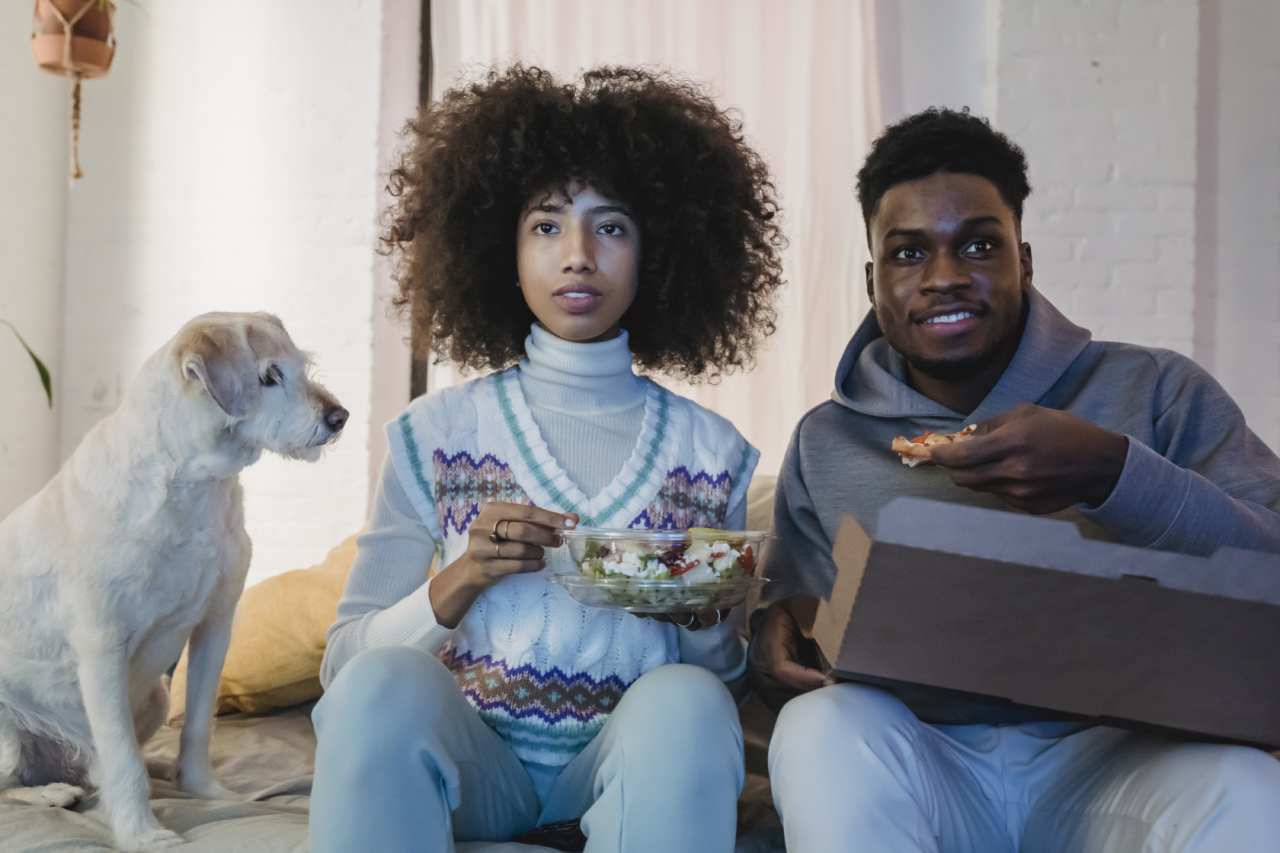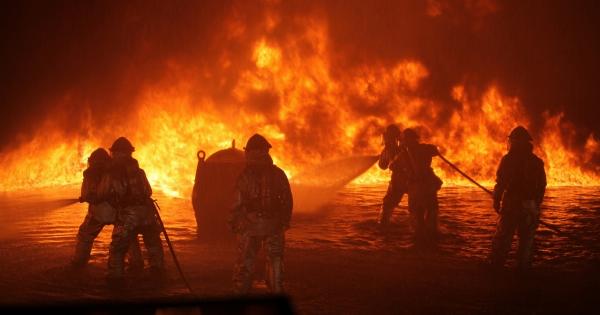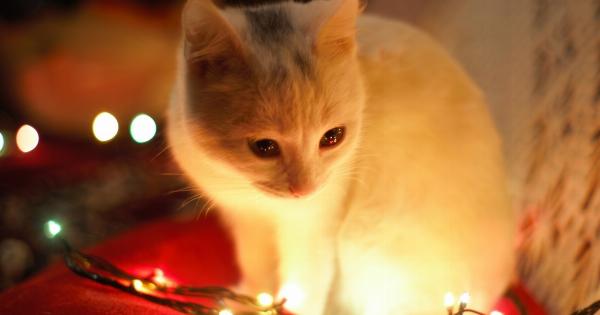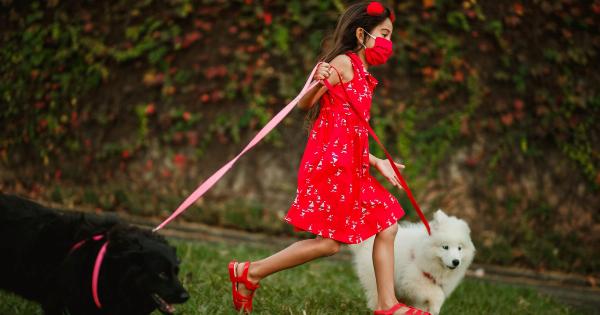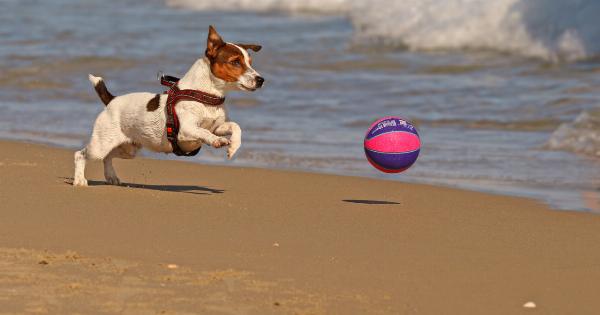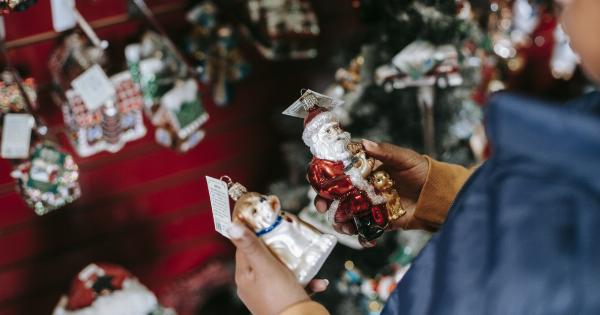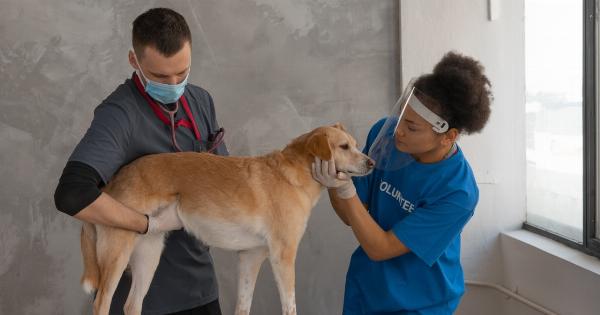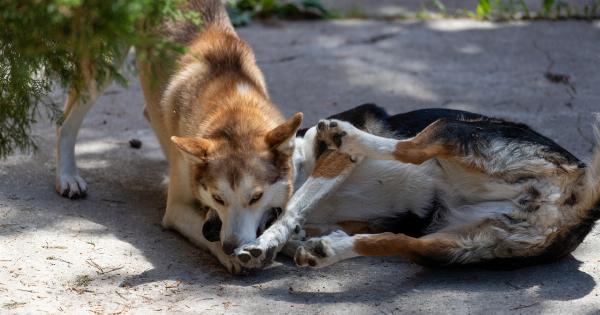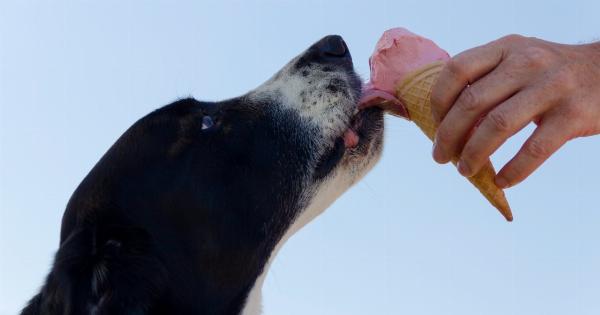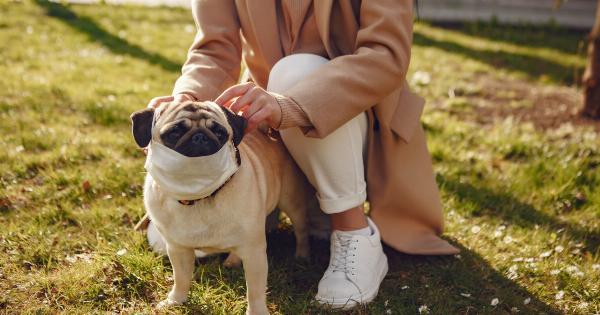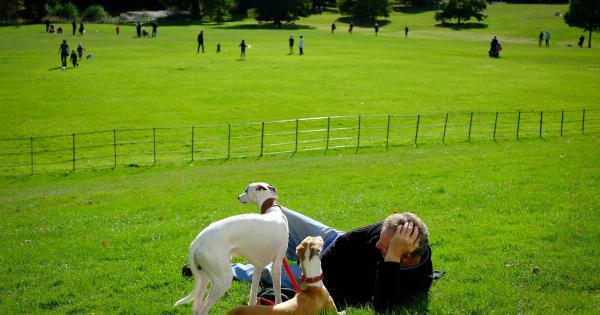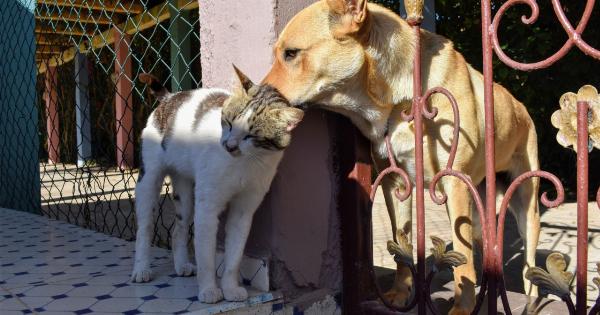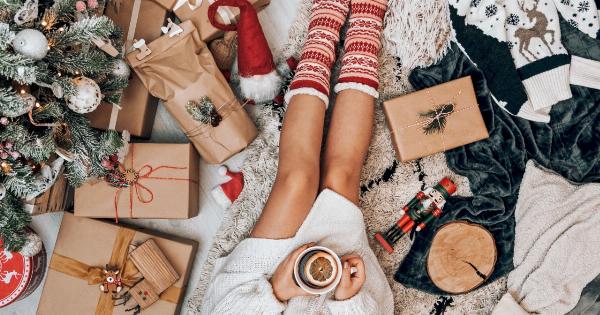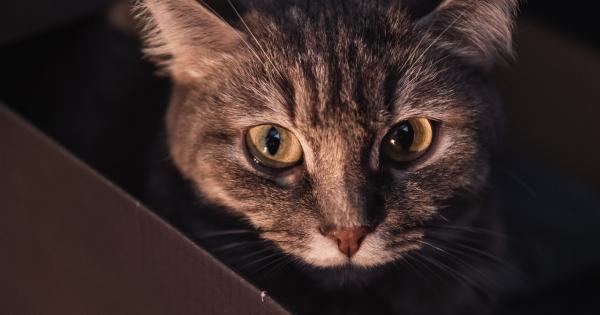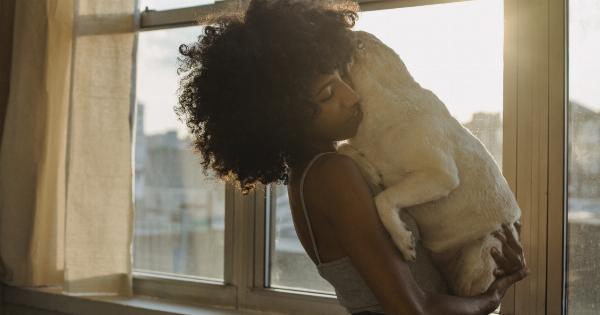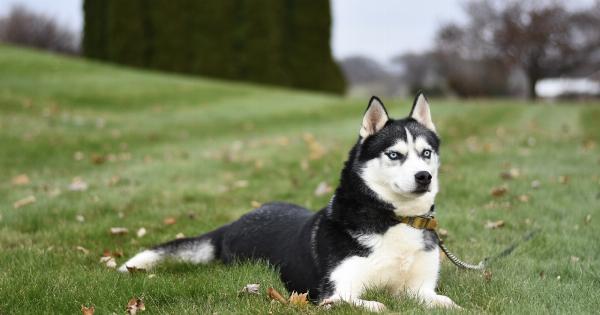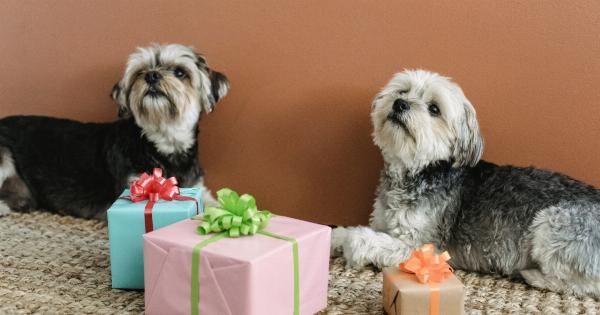While celebrating special occasions and holidays, it’s important to keep in mind that some festive foods can pose a serious threat to our beloved pets. Many of the tasty treats we enjoy during celebrations can be toxic or harmful to dogs and cats.
To ensure the well-being of our furry friends, it’s crucial to be aware of the pet hazard foods to avoid feeding them during these festive times.
1. Chocolate
One of the most well-known pet hazards is chocolate. Chocolate contains theobromine, which is toxic to dogs and cats. Even small amounts of chocolate can cause symptoms such as vomiting, diarrhea, increased heart rate, muscle tremors, and even seizures.
Dark chocolate and cocoa powder are especially dangerous due to their high theobromine content.
2. Grapes and Raisins
Grapes and raisins can lead to kidney failure in dogs. Even a small number of grapes or raisins can cause serious health issues, including vomiting, diarrhea, lethargy, abdominal pain, and decreased urine production.
It’s best to keep these fruits away from your furry friends at all times, especially during celebrations when they are more likely to be within reach.
3. Onions and Garlic
Onions and garlic contain compounds that can damage your pet’s red blood cells, leading to anemia. Both raw and cooked forms of these vegetables, as well as foods containing onion or garlic powders, can be harmful.
Avoid giving your pets any foods that include onion or garlic seasoning, as they can cause weakness, breathlessness, and even collapse.
4. Avocado
Avocado contains a substance called persin, which can be toxic to many animals, including dogs, cats, birds, and some large animals like horses.
While the avocado flesh itself is generally not harmful, the pit, skin, and leaves contain higher levels of persin. Ingestion of these parts can result in vomiting, diarrhea, and breathing difficulties.
5. Alcohol
It’s important to remember that alcohol is extremely hazardous for pets.
Even small amounts of alcohol can lead to alcohol poisoning in pets, which may cause a range of symptoms like vomiting, disorientation, difficulty breathing, tremors, and even coma. Never leave alcoholic beverages unattended where pets can reach them, and make sure to dispose of empty cans or bottles safely.
6. Xylitol
Xylitol is a sugar substitute commonly found in sugar-free candies, gum, baked goods, and other products. This sweetener can cause a rapid release of insulin in dogs, leading to low blood sugar (hypoglycemia).
Symptoms may include vomiting, loss of coordination, seizures, and even liver damage. Keep all products containing xylitol safely out of reach from your pets.
7. Nuts
Many nuts, such as macadamia nuts, almonds, and walnuts, can cause serious issues for pets. Macadamia nuts are especially toxic and can lead to weakness, tremors, and an elevated body temperature.
Toxic components in other nuts can result in vomiting, diarrhea, and pancreatitis. It’s best to avoid giving any type of nuts to your pets during celebrations.
8. Yeast Dough
Uncooked yeast dough can be hazardous if ingested by pets. The dough can expand in their stomachs, causing bloating and potentially dangerous gas accumulation. The yeast also produces alcohol as a byproduct, leading to alcohol poisoning.
Keep your pets away from raw bread dough during festive baking activities.
9. High-Fat Foods
Fatty foods like meat trimmings, gravy, and buttery dishes may lead to pancreatitis in dogs. Pancreatitis is a painful inflammation of the pancreas, which can cause symptoms such as vomiting, diarrhea, loss of appetite, and severe abdominal pain.
Avoid giving your pets excessive amounts of fatty foods during celebrations to prevent this condition.
10. Bones
While it may be tempting to share leftover bones from your celebratory meal with your pets, it’s important to resist this urge.
Cooked bones, particularly those from poultry and fish, can splinter easily, leading to choking, blockages, or serious internal injuries. Choose safer alternatives like rawhide chews or specially designed pet bones instead.
Remember, prevention is key when it comes to protecting your pets from hazardous foods during celebrations.
While sharing special moments with them is wonderful, always prioritize their safety and well-being by avoiding any food items that could harm them.
